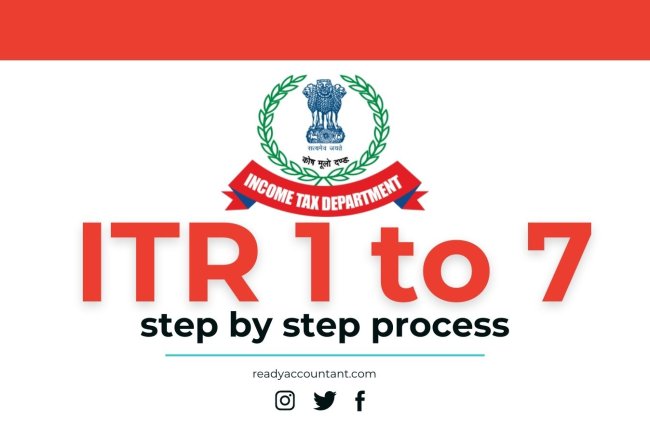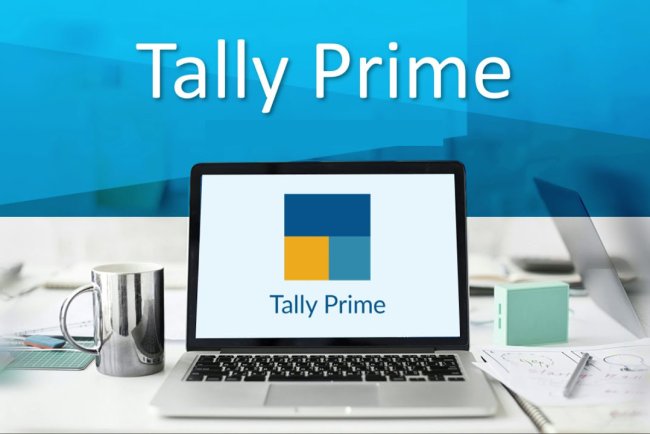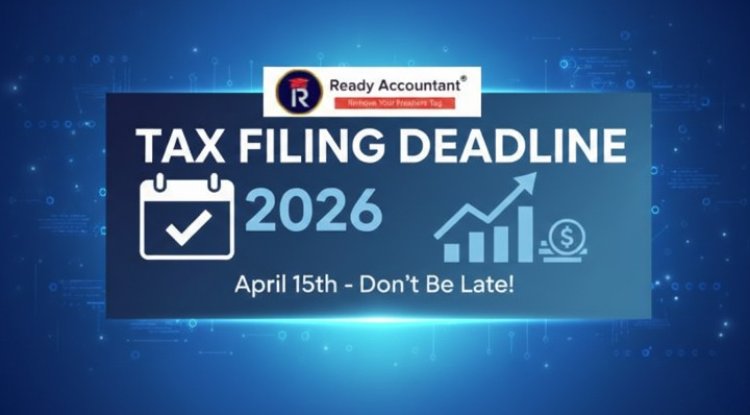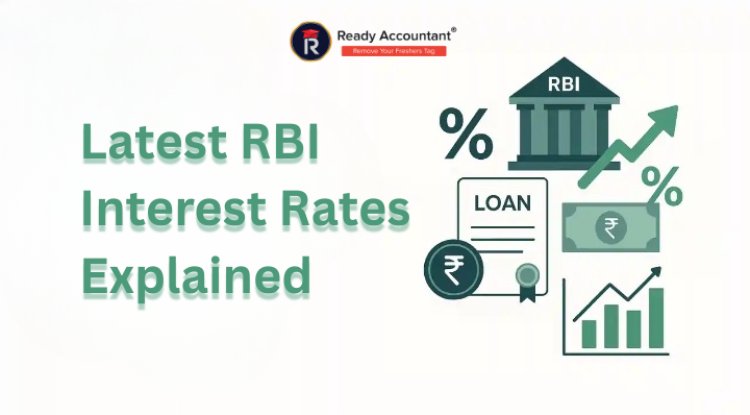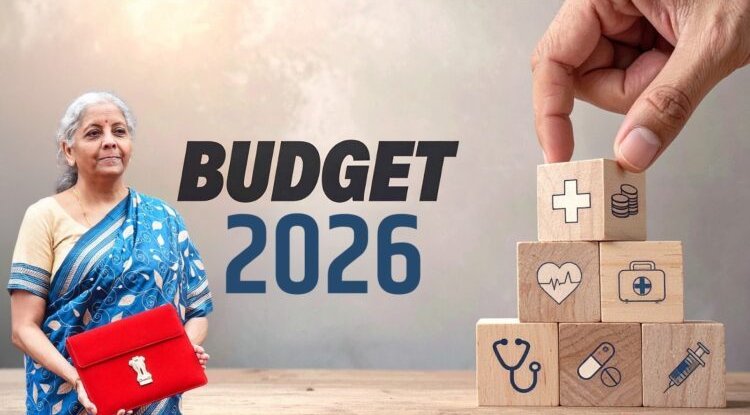GST on UPI Transactions
GST is not directly charged on UPI transactions; however, it applies to the goods or services being paid for. Additionally, banks or apps may levy GST on service-related fees. Understanding this distinction is essential for accounting students, professionals, and business owners. Modern accounting courses now include modules on UPI integration, GST compliance, and digital audit trails to prepare learners for real-world finance and taxation roles in a rapidly digitizing economy.
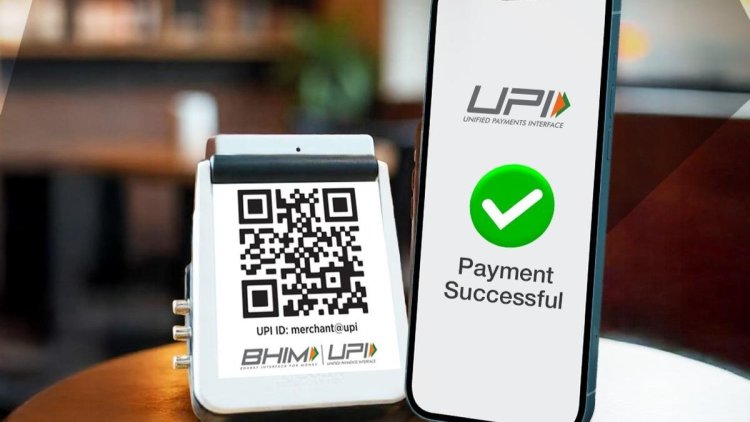
India’s transformation into a cashless economy has made UPI (Unified Payments Interface) one of the most trusted and widely used digital payment methods. But with this rapid adoption comes a common question: Does GST apply to UPI payments? Whether you're a business owner, finance student, or preparing for a certified industrial accountant certification, understanding how GST interacts with UPI is now a must.
What is GST? What is UPI?
To begin, let's clarify the two terms.
GST (Goods and Services Tax) is a comprehensive indirect tax applied to the sale of goods and services in India. It replaced a number of indirect taxes and simplified the system under one unified structure. UPI is a real-time digital payment platform developed by the National Payments Corporation of India (NPCI). It enables individuals to transfer funds instantly through their mobile phones using apps linked to their bank accounts.
Now for the key question — Do you pay GST just for using UPI?
Is GST Charged on UPI Transactions?
The direct answer is no — there is no GST applied to the act of using UPI for transactions.
So, if you are:
-
Transferring money to friends or family
-
Paying utility bills online
-
Purchasing goods or services using a UPI app
You are not being charged GST simply because you used UPI as your payment method.
However, there are indirect scenarios where GST may still come into play.
When Does GST Apply Indirectly?
Although UPI itself is GST-free, certain transactions performed using UPI may attract GST depending on what the payment is for.
1. Payments for Goods or Services
If you make a purchase and use UPI for payment, GST is charged on the product or service, not the UPI method itself.
For example:
You buy a shirt priced at ₹1,000 and pay via UPI. The GST is applied to the shirt, not to the UPI transaction. You’re paying tax on the purchase, not the payment method.
This concept is covered in financial accounting, corporate accounting, and most accounting and finance courses.
2. Bank or App-Related Charges
Banks or digital wallets may impose additional charges such as:
-
Business UPI account fees
-
Settlement or processing charges
-
Wallet top-up service fees
These financial service charges are subject to GST, even if the transaction was initiated via UPI.
This subject is commonly taught in advanced accounting, CPA courses, and accounting diploma programs.
Why Is There So Much Confusion?
The confusion arises when people equate payment methods with tax mechanisms. But the two are completely different.
To put it simply:
-
UPI is only a payment mode
-
GST applies based on what is being paid for
If you're learning the difference between an accountant and a bookkeeper, this is a practical example:
-
A bookkeeper logs the ₹1,000 received via UPI
-
An accountant determines whether GST applies to that ₹1,000
These real-life scenarios are often explored in accounting job training, financial accounting classes, and certified accounting courses.
Why This Is Crucial in Finance and Accounting
For Students
If you're enrolled in:
-
Accounting courses online
-
A financial accounting course
You’ll now find updated modules covering UPI payment handling, GST rules, and digital audit requirements.
Top institutions like Ready Accountant and the best accounting institute in Kolkata offer cutting-edge content to match industry needs.
For Business Owners
Even if your business accepts UPI, you must:
-
Issue GST-compliant invoices
-
Record digital transactions accurately
These are essential responsibilities taught in programs such as SAP FICO, Tally ERP, and business accounting and taxation courses.
For Accounting Professionals
As a professional, your role will involve:
-
Tracking income and expenses made through UPI
-
Validating GST applicability
-
Filing GST returns that include UPI transaction data
These are core components of many accounting and tax courses, certified public accountant courses in India, and computerized accounting classes.
What Top Accounting Courses Teach About UPI and GST
Modern accounting and finance education goes beyond theory. Here's what you’ll learn:
GST Filing with Digital Payment Integration
Courses now cover how to handle UPI data in GST returns, ensuring compliance and transparency.
UPI Integration with Accounting Software
Training programs like SAP FICO, e-accounting, and computer accounting courses show you how to import and reconcile UPI payments using tools like Tally or QuickBooks.
Building a Digital Audit Trail
As regulations tighten, maintaining a clean digital trail of payments is essential. Courses such as certified accounting programs, tax certification courses, and CPA modules prepare you for this responsibility.
If you're looking for accounting courses near me, or even free accounting classes online with certificates in India, make sure the curriculum includes digital compliance topics.
Key Takeaways
Here’s a quick recap of what you need to know:
-
No GST is charged for using UPI as a payment method
-
GST still applies to the goods or services you're paying for
-
Banks and apps may charge GST on service-related fees
-
Businesses must issue GST-compliant invoices even for UPI transactions
-
Understanding UPI and GST together is now a core part of accounting education
Conclusion
As India accelerates toward a fully digital economy, understanding how GST applies in a UPI-powered world is not optional — it’s essential.
If you’re planning to work in finance, manage a business, or enter the accounting field, make sure your knowledge includes this modern tax topic.
Courses such as:
-
Certified Industrial Accountant
-
Diploma in Finance and Accounting
-
Online Accounting Courses with Certificates
Now, teach these important modules to prepare you for real-world financial roles.
Want to stay ahead in your accounting career?
Join Ready Accountant, one of the best accounting institutes in Kolkata, offering trusted and practical training in accounting, taxation, and business compliance — all with real-world relevance.
What's Your Reaction?







